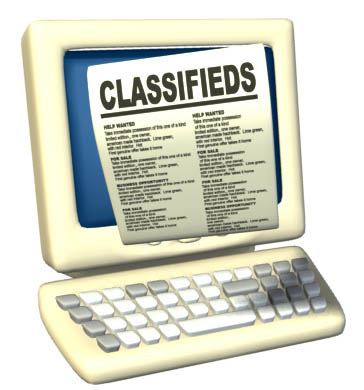Our job search coaching and facilitation programs for candidates take us down many different paths. Every program has to be unique to the needs of the candidate. No two job searches are alike and there is never a one-size-fits-all approach to a job search. Customizing our coaching programs is the hallmark of our success.
One example of this happened towards the end of the process with one of our sales and marketing executives.
The candidate had been interviewing with a small, very entrepreneurial company for a VP of Sales and Marketing position. We had been working together, all along the way, to ensure he was properly preparing for every interview. It was now down to the final two candidates and the company asked each candidate to put together a short presentation on how they would market and sell the products to new customers. Nothing elaborate, just a half hour presentation.
Some background information is important. The CEO and founder of the company was a cigar chewer, speak your mind, no B.S. type of person. Some might say very rough around the edges. He wore as a badge of honor that he never graduated from high school and still had built a very successful business from scratch. The company was a plastic injection molding company that made custom plastic parts for a variety of industries. The CEO may not have graduated from high school and was rough around the edges, but he had a lot of common sense.
The other candidate was from Xerox and put together a very nice PowerPoint presentation that identified markets, market shares, potential customers in a 30 mile radius with charts/graphs and a lot of detail. I was later told it was a very polished presentation.
In discussions with our candidate, we talked about the company’s culture, the personality of the CEO, and the other people on the management team. Many on the team were well educated and from well know companies. However, as we discussed these issues, it became clear they all really liked working with the CEO for the simple reason that he was blunt, called it like it was, wasn’t one for a lot of staff meetings, liked blunt and direct people, and most said he was a very, “get to the point type person.” The candidate was told by the team if he wanted to be successful, he needed to be able to work in that culture.
After all of this, we decided to take a completely different approach. The candidate scrapped the PowerPoint and instead simply started researching the market for potential customers and why the company would be a potential target. The day of the presentation my candidate walked in with a stack of magazines, business journals and trade publications. Every publication was dog eared, had stickers on pages and highlights on different pages. The candidate sat in front of the CEO and for his presentation all he did was start opening each periodical to a page and said, “see the company here, this should be our customer, here is why, here is how I would approach them, and here is how we can benefit them.” He did this for almost 20 minutes. That was his marketing and sales plan.
Which one do you think adapted to the company’s culture and the CEO’s style?
Needless to say, if the candidate we were working with didn’t get the job, I wouldn’t have written this article. Although the person from Xerox did a great job, he didn’t adapt to the style of the company. My candidate took all of this into consideration before going in. He also demonstrated to the CEO that he understood how to adjust to the unique styles and cultures of the customer. One type of sales pitch doesn’t work for every customer.
Have you ever had a situation where you could have adapted?
Never forget the importance of the company’s culture and management style you are interviewing with. The better you can adapt to their style and culture, the better you will fit in during the hiring process and after going to work for the company.
To download the free chapter on Conducting an Effective Phone Interview from our book “This Is NOT The Position I Accepted” CLICK HERE and then click on the Free Search Resources link.
If you would like to know if your job search is fully utilized and you are doing the right things, download our free 8 Matrix Job Search Self-Assessment Scorecard. CLICK HERE and then click on the Free Search Resource link.
I welcome your thoughts and comments.
Brad Remillard








